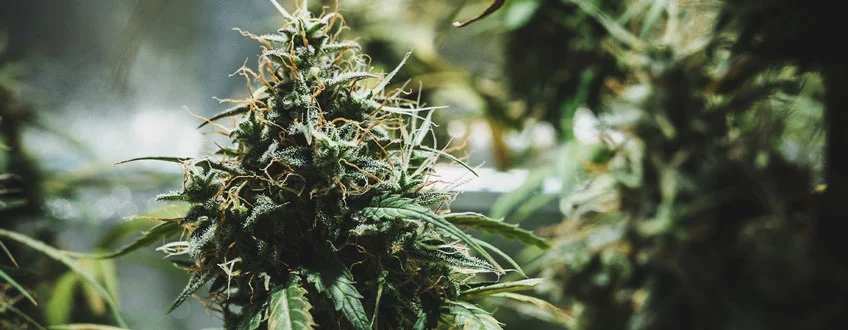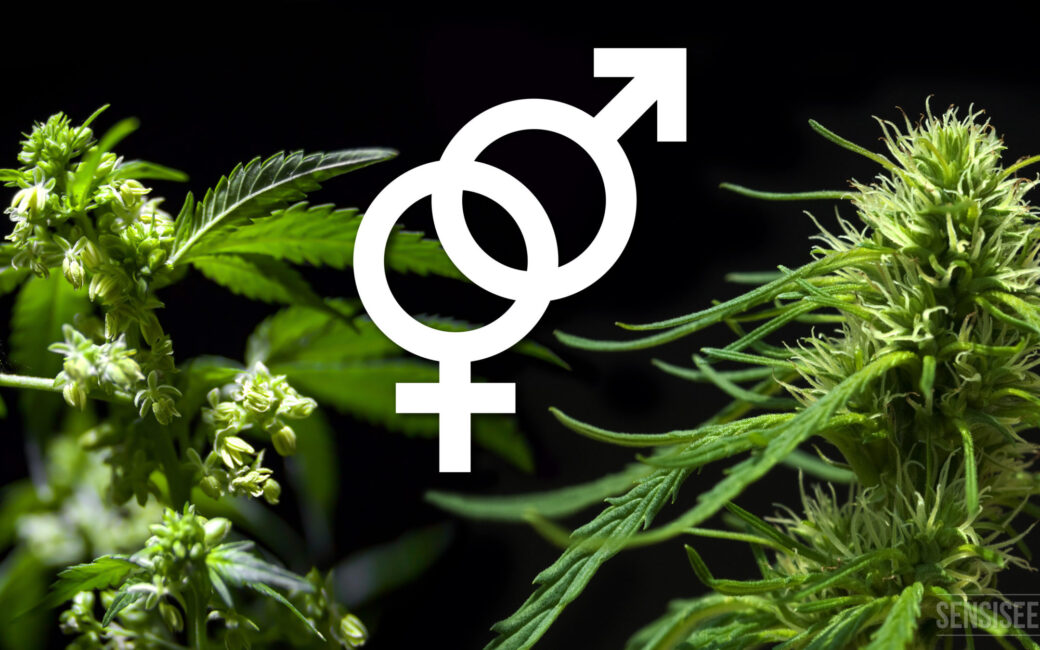Introduction
In recent years, the cannabis industry has witnessed a significant shift with the rise of feminized cannabis seeds. These seeds, specifically bred to produce female plants, have not only transformed cultivation practices but have also sparked discussions surrounding gender within the cannabis community. This blog post explores the implications of feminized cannabis on gender dynamics, empowerment, and inclusivity within the industry.

Understanding Feminized Cannabis Seeds
This is significant because in the world of cannabis cultivation
What are Feminized Cannabis Seeds?
Feminized cannabis seeds are specially treated to ensure that they will produce only female plants. This is significant because in the world of cannabis cultivation, female plants are prized for their ability to produce the potent buds sought after by consumers.
The Science Behind Feminized Seeds
The process of feminization involves manipulating the genetics of the cannabis plant to eliminate the possibility of male plants. This is typically achieved through techniques such as stressing the plant or applying chemicals to induce hermaphroditism. The result is a crop consisting almost entirely of female plants, maximizing the yield of high-quality buds.
The Impact on Gender Dynamics
This shift has helped to break down traditional gender stereotypes
Breaking Traditional Stereotypes
Historically, the cannabis industry has been dominated by male cultivators and entrepreneurs. However, the rise of feminized cannabis seeds has challenged this narrative by placing a spotlight on the importance of female plants in cultivation. This shift has helped to break down traditional gender stereotypes and create space for women to participate and thrive in the industry.
Promoting Inclusivity
Feminized cannabis has also played a role in promoting inclusivity within the cannabis community. By highlighting the value of female plants, cultivators of all genders are encouraged to participate in cultivation, regardless of traditional gender roles. This inclusivity fosters a more diverse and vibrant community, with perspectives and experiences from people of all backgrounds.
Empowering Female Representation
The prevalence of feminized cannabis seeds has empowered female representation within the cannabis industry. Women are not only consumers but are also increasingly taking on leadership roles as cultivators, entrepreneurs, and advocates. This shift towards greater gender diversity is essential for the continued growth and success of the cannabis community.
Challenges and Opportunities
It’s essential to address these concerns and promote a more nuanced understanding
Challenges in Perception
Despite the positive impact of feminized cannabis, there are still challenges to overcome, particularly in perception. Some critics argue that feminized seeds perpetuate the notion of female plants being superior, which could reinforce gender stereotypes. It’s essential to address these concerns and promote a more nuanced understanding of the role of feminized cannabis in cultivation.
Opportunities for Education and Advocacy
Education and advocacy are key to maximizing the potential of feminized cannabis while addressing concerns surrounding gender dynamics. By providing resources and support for cultivators of all genders, we can create a more inclusive and equitable industry. Additionally, advocating for responsible cultivation practices and sustainable approaches can ensure that the benefits of feminized cannabis are realized without compromising ethical principles.
Conclusion
In conclusion, feminized cannabis seeds have had a profound impact on gender dynamics within the cannabis community. By promoting inclusivity, empowering female representation, and challenging traditional stereotypes, feminized cannabis has transformed the industry for the better. Moving forward, it is essential to continue advocating for diversity, education, and responsible cultivation practices to ensure that the cannabis community remains inclusive and equitable for all.

